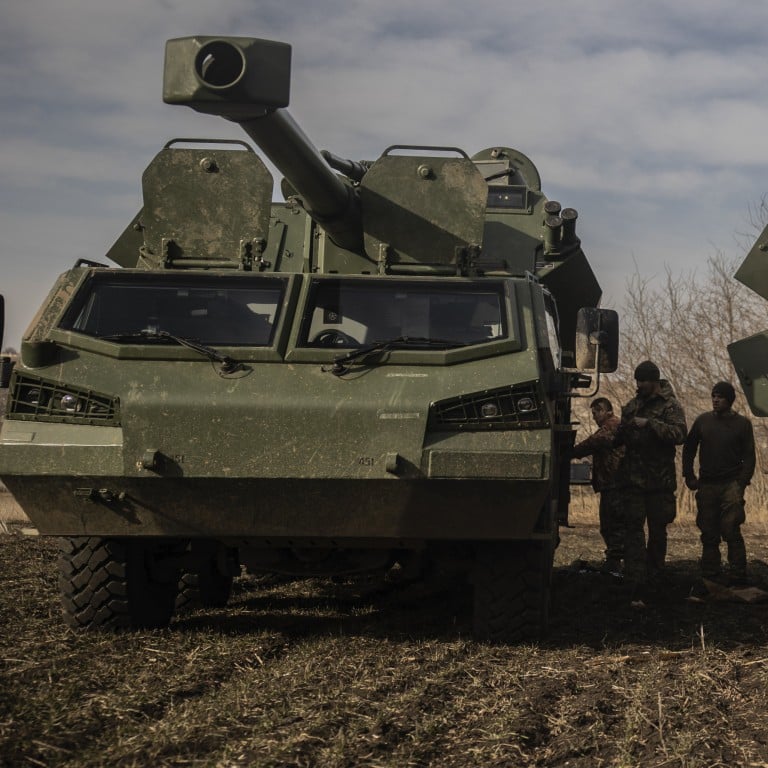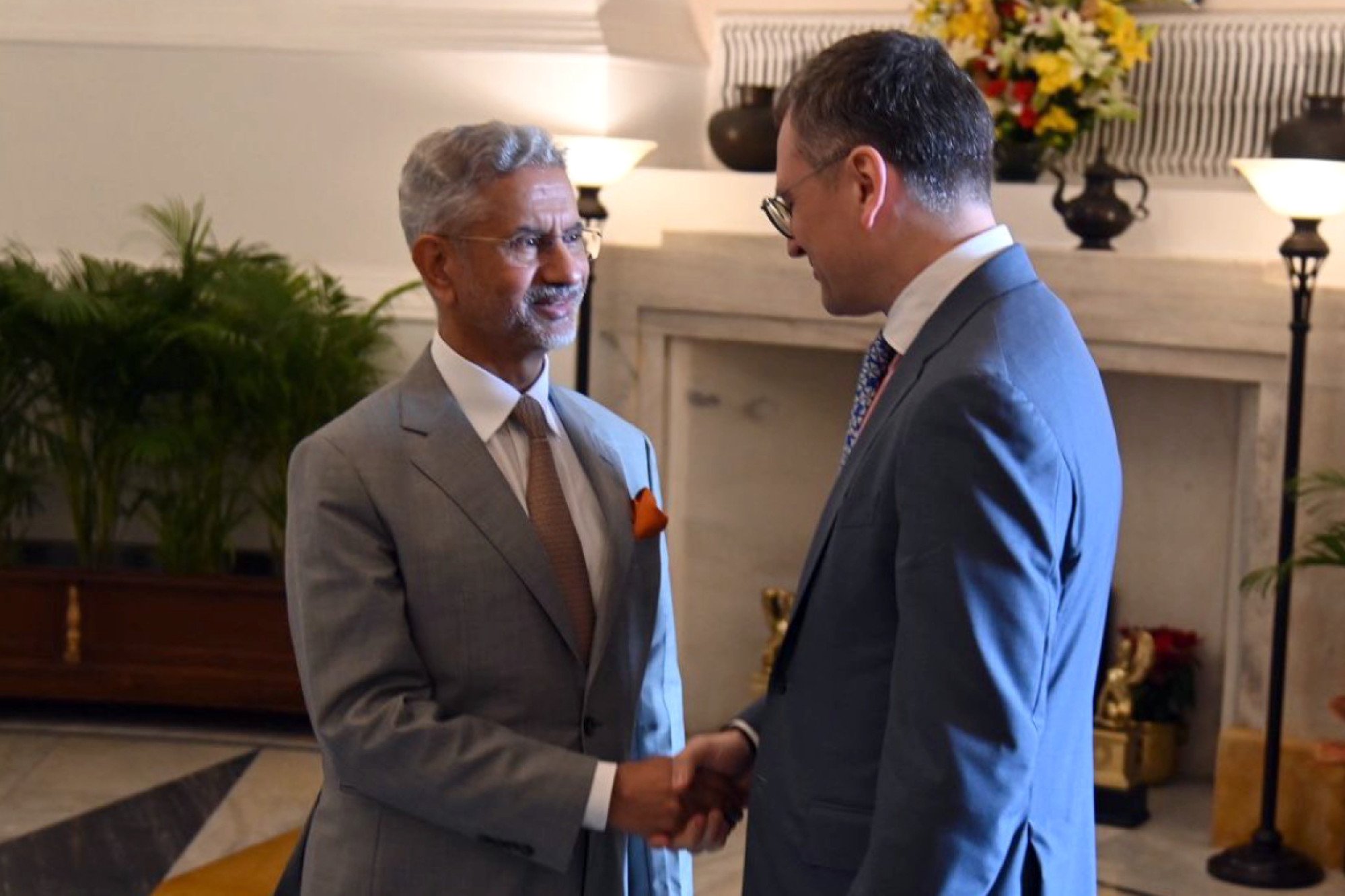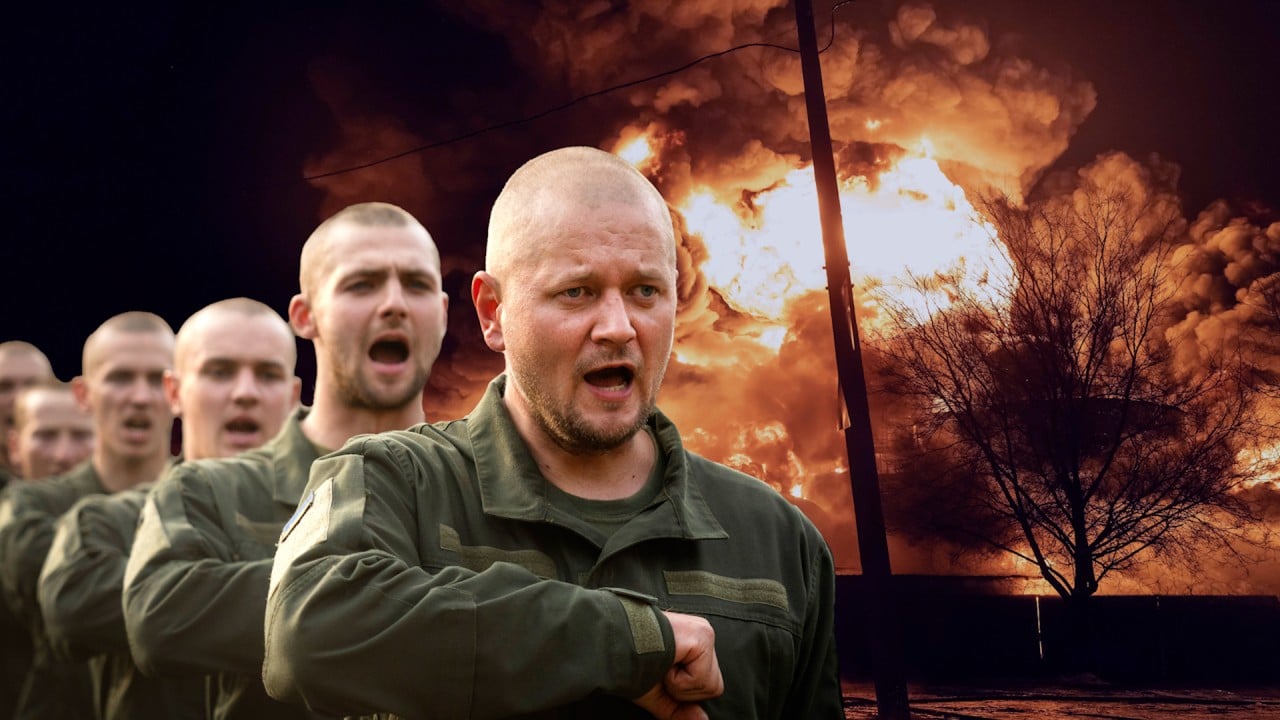
Will Kyiv’s ‘conciliatory’ stance change India’s neutrality on Russia-Ukraine war?
- Almost two years after Kyiv accused India of buying Russian oil tainted with ‘Ukrainian blood’, it is seeking deeper diplomatic and trade ties
- Analysts say the move is unlikely to change India’s neutral stance on the war, but say there’s a possibility Delhi could play a mediating role
Zelensky says Ukraine will have to retreat if US fails to give weapons
His visit marked a change in the diplomatic tone adopted by Ukraine, which had in August 2022 accused India of buying cheap Russian oil tainted with “Ukrainian blood” during the conflict.
Kuleba on Friday hinted that Ukraine could tolerate India’s oil purchases as long as it paid in Indian rupees. Indian buyers mostly pay Russian oil firms in UAE dirhams or US dollars.
“The visit appears to be a shift in Ukraine’s foreign policy towards India but not necessarily a shift in India’s foreign policy,” said Donald Camp, a retired foreign service officer in Washington and a South Asia expert.
“Ukraine has decided it had little to gain from castigating India for its Russian ties and has moved to a more conciliatory position,” Camp told This Week in Asia. “I suspect it’s partly a recognition that India is a global player, and it’s better to have India on their side, or as close to their side as they can get.”

India-Russia relations date back to the Cold War era, and Delhi has relied heavily on Moscow for its arms supplies, although the imports have steadily declined over the past decade. According to figures from the Stockholm International Peace Research Institute in March, Russia accounted for 36 per cent of India’s arms imports from 2019-2023, a sharp drop from the 76 per cent seen in 2009-2013.
India urged to step in after jobseekers ‘deceived’ into fighting for Russia
For now, Russia remains India’s biggest arms supplier, despite Delhi’s attempts to balance and diversify its imports from countries such as the US and France.
India has also not shown any intention of slowing down its oil purchases from Russia, despite repeated appeals made by Ukraine and Western powers.
Observers doubt Kuleba’s trip will alter the India-Russia dynamic dramatically, but have not ruled out the possibility of a mediating role for Delhi.
“Ukraine might hope that India would use its leverage to bring Russia into the proposed peace process. India has stressed that it will serve as a mediator [only] at both sides’ request, so this is unlikely,” said Katherine Hadda, a visiting fellow at the Center for Strategic and International Studies think tank in Washington.
“Kuleba’s visit can nevertheless be seen to have yielded positive results for Ukraine: a reiteration of India’s neutrality despite its more significant economic and strategic ties to Russia, and its commitment to rebuild bilateral India-Ukraine trade to pre-war levels as well as a further deepening of the relationship,” added Hadda, a former US envoy to India.


